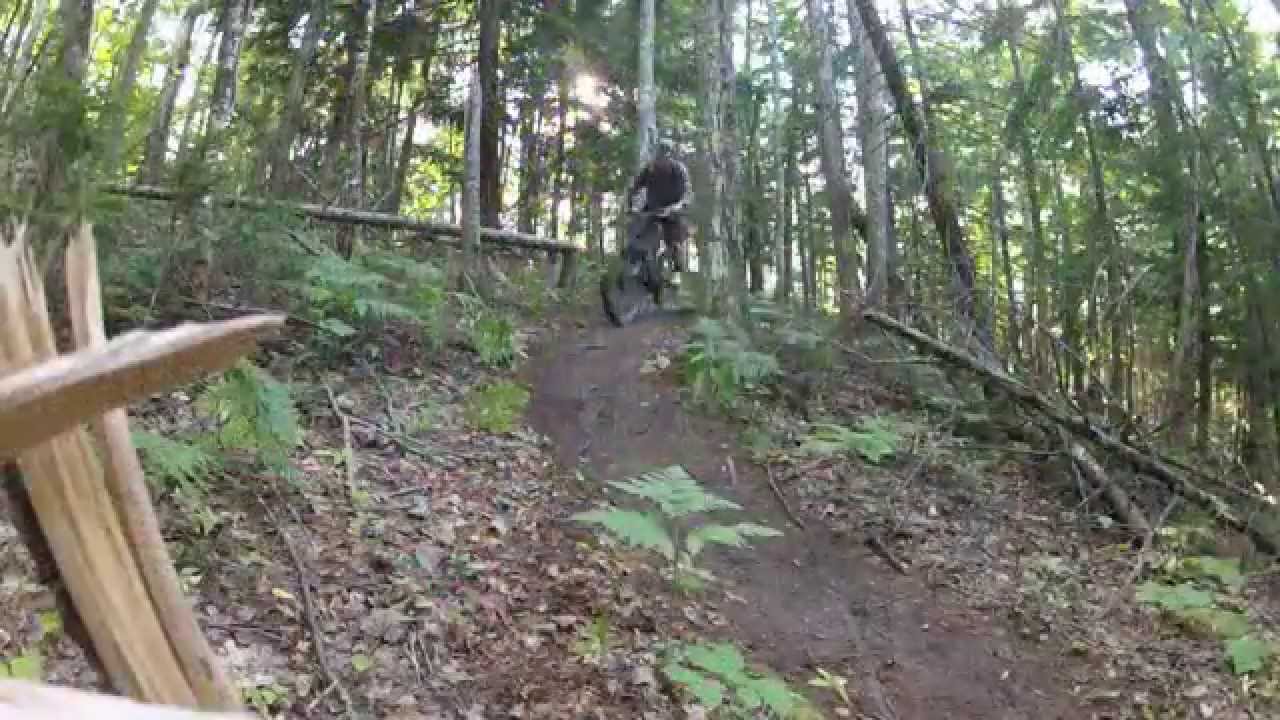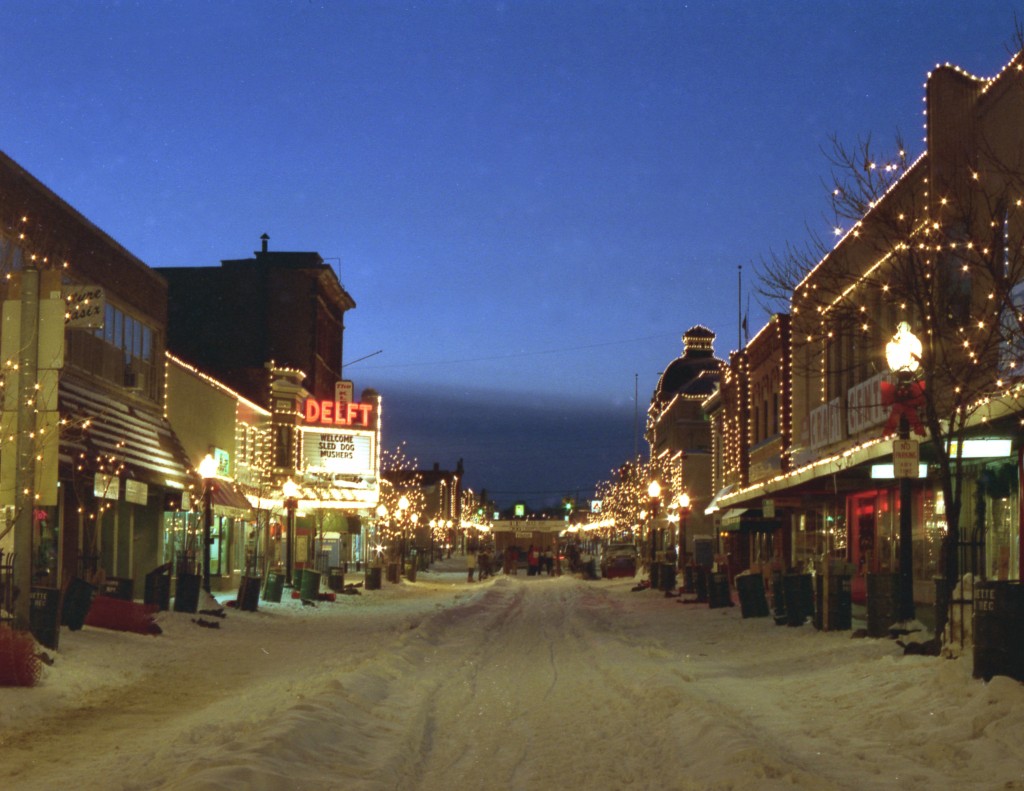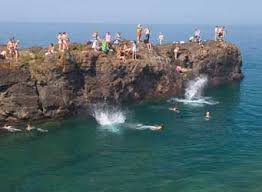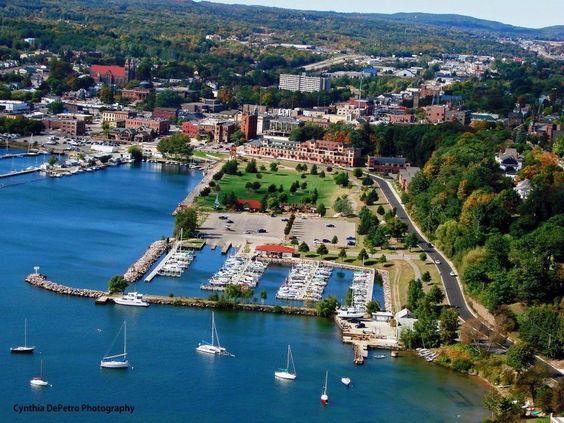MARQUETTE ISN’T WHAT it was twenty years ago, even ten years ago.
Big changes, big growth.
Consider this: A $300 million hospital is under construction on the highway. Apartments and condos are rising on and near the lakeshore. Expansion is underway at NMU, with more planned. New restaurants and hotels are popping up, one after the other.
We’re being discovered–by Delta Sky magazine, by the Travel Channel, by travel journalists exploring our streets, businesses and natural attractions. By readers of those “Best of” lists where Marquette is frequently included among those must-see destinations and places to live.
Is it possible that, with all this development and attention, we’re losing our identity? Are we selling our soul?
“I’m sure you’ve heard the mantra that we don’t want to become another Traverse City where so much of the shoreline has been bought up and developed,” City manager Mike Angeli says. “Well, we’re in a good position because we can learn from other cities’ mistakes.”
Traverse City, for all its charms and cash inflow, can serve as a cautionary tale–heavy summer congestion, over-reliance on tourism, and, arguably, overdevelopment.
“You’ve got to make sure you have planning, process, and community input,” Amy Clickner, the CEO of the Lake Superior Community Partnership, emphasizes. “Everybody talks about Traverse City. Well, they grew too fast without adequate planning. We won’t do that.”
But warning against unplanned growth does not mean resistance to change. If anything, according to Jason Schneider, the executive director the Chamber of Commerce, Marquette should embrace it.
“When all the mountain bike trails went in years ago, the city and property owners were all upset because it was something new and it was different,” he reminds us. “Now 20 years later, those trails are one of the reasons that make this community so incredible.”

Bill Digneit, one of the founders of Double Trouble DJ’s and a new owner of Digs downtown, welcomes the changes but with one important caveat.
“If people want to move here, thats great,” he says. “But it’s got to be with the understanding that we want to keep the small town feel. I don’t want to lose the feeling that you can leave your car running out in the street for five minutes and not worry about it, or you can leave your house unlocked.”
Inevitably there will be those who will complain about the tourists, especially in the summer months. But tourists translate to cash, businesses and jobs. Tourism now accounts for 16% of Marquette County’s economy, and tourist dollars are increasing at least five percent every year.
So, says local jeweler Beth Millner, bring them on. “We want people to explore our natural areas and we want them to shop in our downtown. It’s good for the local economy, but it is important that we preserve what’s special about Marquette.”
“Some people come here as tourists,” says Clickner of the LSCP. “But then they fall in love with the area, they send their kids to the university, they get jobs here, they invest here, they buy second homes, they settle down here. We want that.”

It all comes back to proper planning–keeping the downtown attractive and walkable, locating the box stores out on the highway, and keeping industry and warehouses on the periphery.
So far, so good.
“Normally, when a downtown declines, then the outlying shopping areas expand,” the Chamber’s Schneider explains. “That hasn’t happened here. The businesses on the highway are growing, but so is downtown. People want authentic places. Not Anytown USA. They want distinctive businesses—like Snowbound Books, Donckers, Lagniappe, Stuckos. Marquette County has dozens of them.”
“We want to create our own magic here, our own world,” says city manager Angeli. “But we have to be careful. Part of our attraction is we’re uncluttered, we’re clean and we’re small. And we definitely are not looking to develop every piece of property.”
That applies especially to the Lake Superior shoreline.

“We’ve got to watch it like a hawk,” Schneider says. “We do not want development along the lake.”
There’s been some development but it’s been limited, and what’s remarkable is that more than 90% of the Marquette city shoreline remains open and easily accessible to the public.
Little doubt about it–the lake, with its easy accessibility, is what makes Marquette special. Combine that with a charming, unpretentious, walkable downtown, light and manageable traffic, enough amenities to attract new residents, and a determination to keep that small town flavor, and you have a city forging its own identity for the future.
An identity likely to be different from Traverse City’s.


